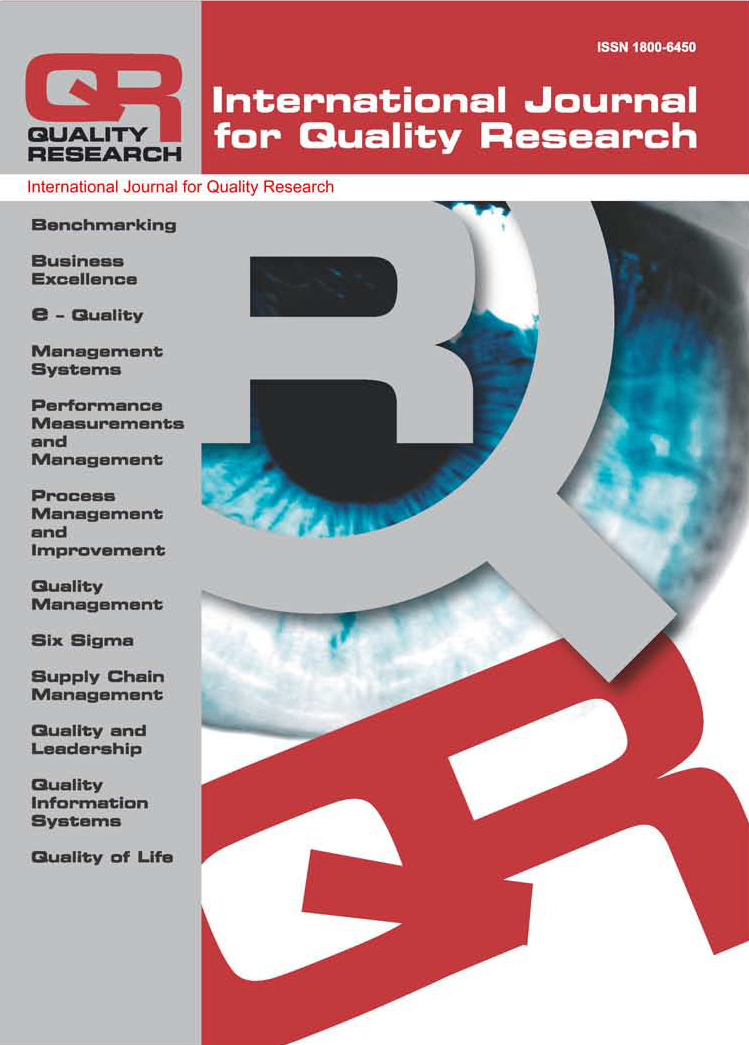REVIEW OF THE CHEMICAL AND ACTIVE COMPOUNDS OF THE LYOPHILIZED ESSENTIAL OIL OF MELISSA OFFICINALIS L. WITH SPECIAL REFERENCE TO THE PRESERVATION OF THE QUALITY OF THE FINISHED PRODUCT
Miloš Krivokapić
Abstract: Melissa officinalis (M. officinalis) is an aromatic and medicinal plant species, and essential oil contributes to its distinctive aroma, flavor, and therapeutic benefits. The essential oil is known for its protective effects on the central nervous system, cardiovascular health, anti-inflammatory activity, antihyperglycemic activity, and significant antimicrobial and antioxidant properties. These benefits make it valuable in treatment of various disorders and as an alternative to synthetic additives in food and cosmetics preservation. However, essential oils are highly susceptible to environmental factors, such as temperature, light, and oxygen, which can impair their quality, sensory characteristics and efficacy. This review highlights the effectiveness of lyophilization in preserving the chemical and therapeutic properties of M. officinalis essential oil. Lyophilization, which uses low temperatures and reduced pressure, prevents thermal degradation that often occurs with traditional drying methods, preserving key compounds like geranial and citronellal. Literature data strongly supports the fact that lyophilization helps maintain the integrity of the essential oil, extending its shelf life while retaining its medicinal value. By preserving both therapeutic effects and sensory quality, lyophilization makes M. officinalis essential oil ideal for long-term storage and use and ensures the oil maintains its natural benefits. However, in order to preserve both medicinal and commercial value of essential oil, its crucial to precisely optimize conditions such as freezing temperature, pressure, drying time, initial moisture content, sample composition.
Keywords: Melissa officinalis, essential oil, lyophilization, chemical content
DOI: 10.24874/IJQR19.02-04
Recieved: 16.08.2024 Accepted: 06.03.2025 UDC:
Reads: 28 







